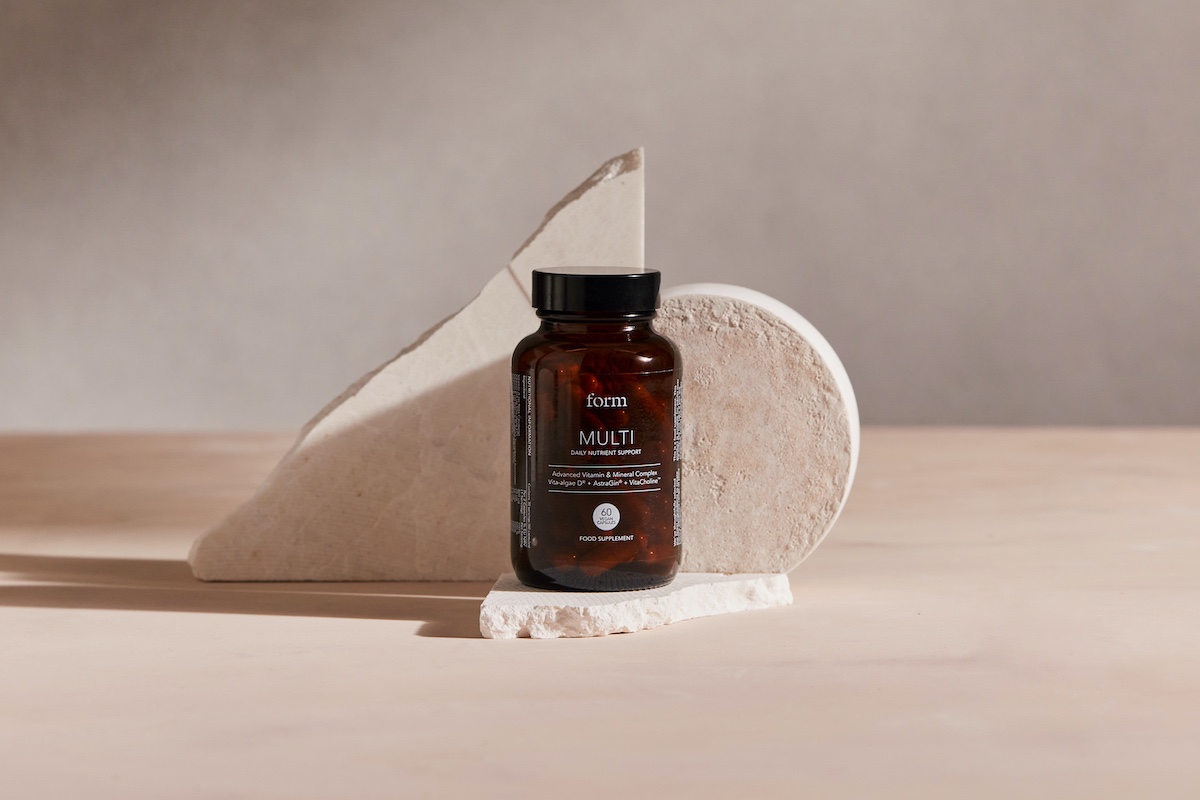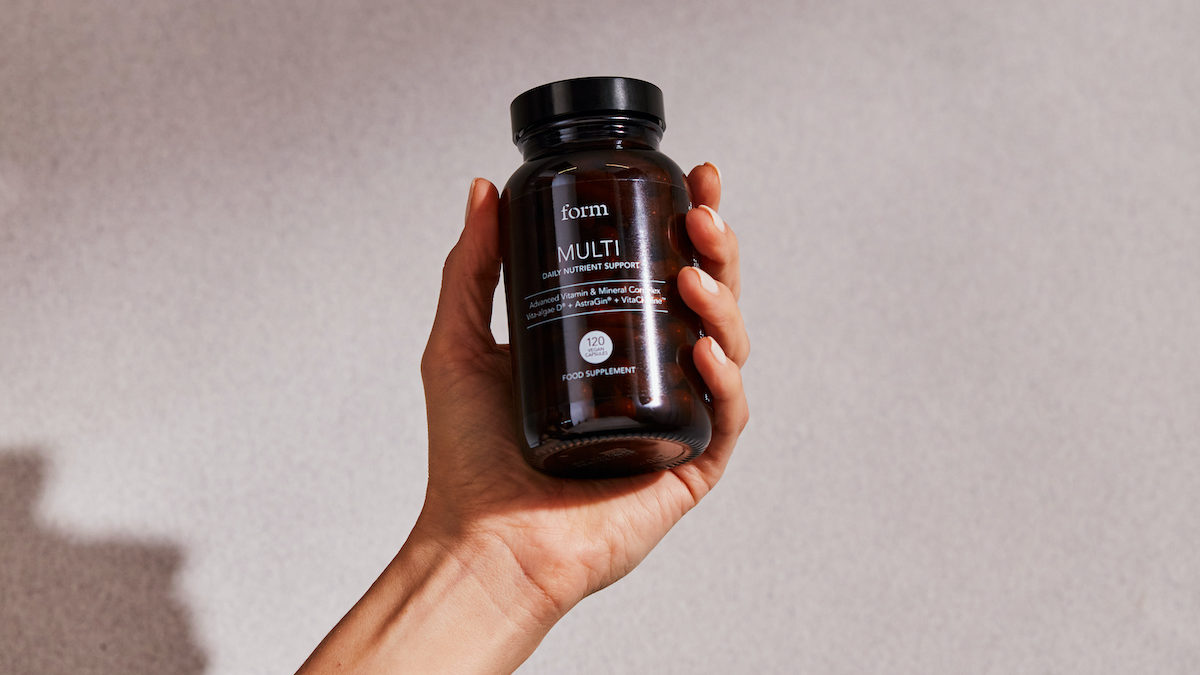Do Vitamins Expire and Are They Still Safe to Take?

In recent years, our consumer attitudes have changed towards expiry dates as many of us try to reduce our household food wastage. Recently in the UK, Morrisons became the first supermarket to scrap ‘Use By’ dates on 90 per cent of its own brand milk — encouraging its customers to use a sniff test in an effort to stop millions of pints of its milk from being thrown away every year.
In response, the Food Standards Agency pointed out that when dealing with food generally, sniffing isn’t always a good way to check for safety, especially when it comes to certain products like raw meat that could cause food poisoning.
But while we might know that mouldy fruit or discoloured chicken is well past its best, it’s not always clear-cut when it comes to our supplements. How can you tell if that unused jar of multivitamins that you found lurking in the back of your kitchen cupboards is still good to take, or whether you should throw them away? To help, we asked an expert to weigh in on the matter.
Do Vitamins Expire?
Technically vitamins do expire, but they’re still safe to take. While some foods can spoil and make you sick just days after their expiration date, it’s not quite the same story with supplements.
“Vitamins don’t expire in the traditional sense, where they become unsafe to ingest,” says Superintendent Pharmacist Carolina Goncalves from Pharmica. “However, after a certain period of time, they become less potent as the ingredients in vitamins break down over time.
“Plus, some vitamins last longer than others,” she adds. “For example, vitamin C, K & B1 (thiamine) are known to break down quickly.” Vitamin D supplements, meanwhile, can keep their potency for much longer.

The only real side effect of taking expired vitamins, says Goncalves, is that a person may believe they’re actually consuming more nutrients than they really are. For example, if you’re vegan and need to take vitamin B12, using an expired supplement may not provide you with the supplementation you may need.
So while taking out of date supplements shouldn’t cause you to feel ill, it could be a waste of your time, as the capsules will likely have lost the the percentage of dietary supplement ingredients listed on the label. “That’s why it’s important they are taken before their expiry date to ensure all their benefits,” says Goncalves. If not, you’re better off disposing of them safely and replacing them with a new jar.
Do Vitamins Show Signs Of Expiration?
“Most vitamins are considered safe to take up to two years past their expiration date,” says Goncalves, who recommends checking the packaging for the specific date details. However, there are some exceptions to the rule.
“The two factors to look out for to decide whether they’re still safe to consume are if the vitamins show any sign of mould or if they have a strange odour,” says Goncalves. Generally, vitamins are sensitive to light (both sunlight and artificial), oxygen and humidity, which means the way you store your vitamins can make all the difference to their shelf life.
To keep your vitamins in tip-top condition, she recommends keeping them in their original containers and storing them in a cool and dry place such as a kitchen cabinet, rather than the bathroom which can harbour dampness and moisture.

Why Is It Important To Take A Multivitamin?
When it comes to total-body health, vitamins and minerals are an essential part of keeping you at your best. From firing nerve signals around the body to making sure your immune system is working correctly, they help to perform hundreds of tasks in the body that keep us running at peak performance. In theory, your diet should always give you the nutrients you need – but in reality, that’s really tough.
When you’re a busy person with endless deadlines, social dates in the calendar and Netflix series to burn through, it can be easy to miss out on the vitamins you need. The main purpose of a multivitamin is to fill in these nutritional gaps. While they’re not a substitute for a good diet, they can be an insurance policy against any dietary areas where you’re falling short.
How Should You Dispose Of Expired Vitamins?
Found a bunch of old vitamins that are no longer good to take? It’s not a great idea to just dump them in the bin with last night’s takeaway. Vitamins and minerals can degrade and enter the water and soil supply, which can cause contamination and environmental issues.
Tossing your mouldy and expired vitamins in your bin at home also leaves them at risk of being found by children or pets, putting them at risk of getting sick.
“To ensure the safe disposal of all medication – even vitamins – it’s really important to take them to your local pharmacy, where the pharmacists can safely dispose of them for you,” says Goncalves.


















